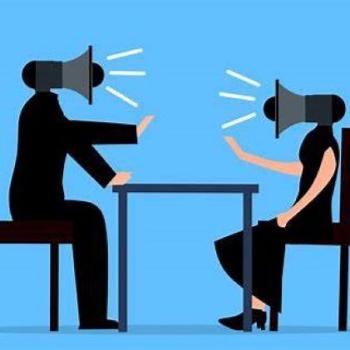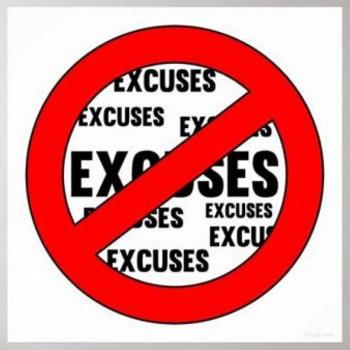Are We More or Less Compassionate Today?
Everyone is born, lives a life, and dies. This is a basic fact. But how we live, what we do when we live, how we face life and its curve balls—well, that is up to the person doing the living.
A Little Story
When I was growing up, there was a little girl who had nothing, I mean it. She was dirt poor and had no father to speak of. He constantly left the family for bigger and better things, only to come back every once in a while, to rub his adventures in the faces of my friend, her sister, and her mother. He would stay for a short time looking for any flimsy excuse, make some volatile claim that would exonerate him from skipping town, tap what little was in the bank account, and leave without a word.
It began to wear on my friend and her female clutch at home, and the mother became quieter and quieter. My friend’s sister became harsh and prickly with everyone she met. It was obvious that she was acting out of self-preservation. But it didn’t make it any easier for anyone around her.
My friend began to go down the same path as her mother and sister, becoming sullen, withdrawn, and aloof. We all knew when her father would breeze into town because she would become buoyant and talkative again, almost effervescent. But, we all prepared ourselves for their eventual tailspin when he would leave.
One beautiful day, my friend’s sister turned eighteen, so she and my friend went to a little birthday gathering after school. Their father had left the day before and post five or six peaks and valleys of the roller coaster over eight years, my friend’s mother couldn’t take anymore. She put a Patsy Cline album on repeat, poured herself a bottle of cheap prosecco with an entire bottle of Valium in the bottom of the glass.
When the girls came home from the party, they found their mother, the empty bottles and glass, and Patsy Cline still singing away. The older sister’s reaction was stoic and cold. She called the police and said that their mother was dead and that someone needed to pick up the body. That was it. No emotion, no tears, no anger. Just the facts. My friend was a mess.
The funeral came and went. Neither girl told any of their classmates what had happened. I only found out because she lived up the street from me, and I saw the police car and coroner’s wagon. There were only five people at the funeral, and I was the only person from the school. The service didn’t take 15 minutes. Since the older sister had reached the age of eighteen, she was the official guardian of my friend.
The absentee father came back home three months after the funeral to find his wife dead, his oldest daughter running the household, and my friend completely inside her own head. Within three days, he left for the final time.
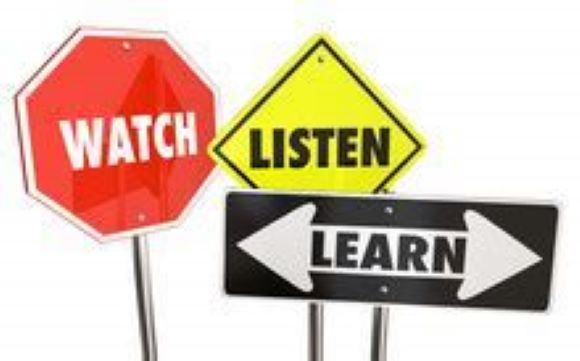
Fast Forward
Early life for my friend and her sister was about as rough a beginning as one could ever possibly have. They felt unwanted by their father, a burden to their mother, and abandoned by both. So, what happened to them?
Eventually, people at school found out what had happened. Instead of shunning them or pointing at them as examples of what not to become, friends, acquaintances, teachers, and the administration came to their aid. No one ever made them feel like they were a burden. In fact, precisely the opposite. People started listening to them, asking their advice, and finding out what they wanted to do with their lives. The older sister had always enjoyed debate. She was quiet but very clinical in her thought process. No longer having a mother or a father to speak of, the school staff pulled many strings and got her into a community college to work off some of the core classes. With time and grades behind her, she went on to a local law school, finally becoming a star of the bar. My friend always had a desire to help people. She originally wanted to be a doctor or a vet, but after her mother and father left, her heart opened to helping children in the same situation she found herself when she was young. She went on to become a social worker, eventually gaining a master’s in social work.
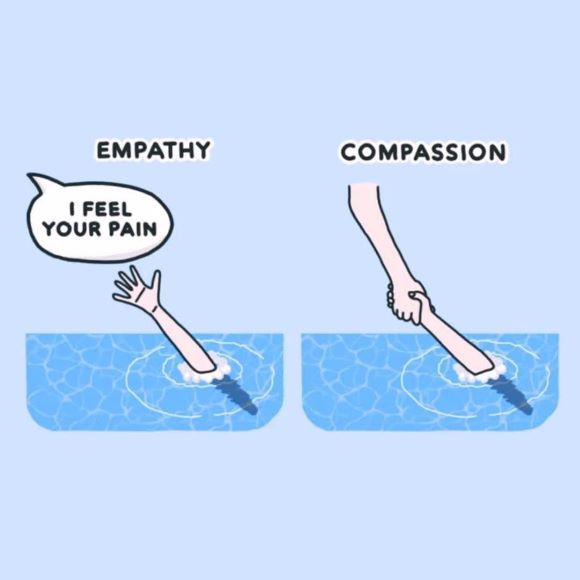
Today
Today, the two sisters are successful and have families of their own. They overcame their horrific childhoods and became the people they always wanted to be. Yes, they still have pangs of what could have been if they didn’t have the support system they had. But they did have support, they did have friends that cared for them, they did have a sense of faith—even after all they faced.
– – –
I see a disturbing trend in our world today. We’ve become isolationists; we no longer care for or about the people around us. Our communities have become siloed—associating with and listening to only people like us. We’ve lost the compassion gene that helps us survive the worst times. We care more for what’s on our phones than speaking with a neighbor and living in our surroundings. We don’t listen to others’ problems with an open ear and heart; we listen to them only to judge and to figure out a way to tell them they are wrong and how we think they should fix themselves. In short, we’ve lost humility, compassion, and hope as a society.
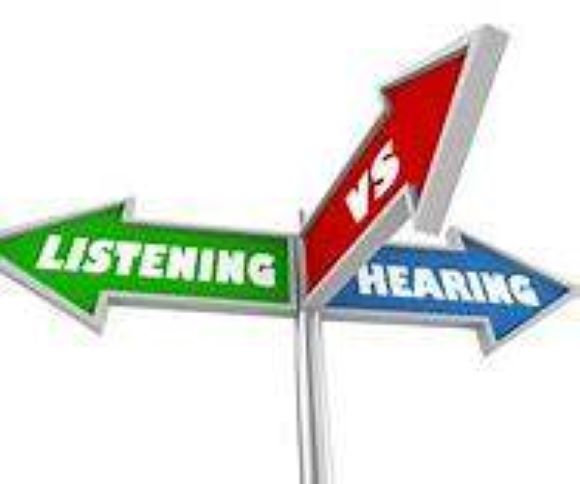
What Do We Do?
First, we listen—really listen. When someone is speaking, please stop trying to figure out what you’re going to say, correct, or refute before you even hear the point of what they are saying. If you want to be heard, you need to listen.
Then, after we have heard what the person across the table, counter, driveway has said, we need to put ourselves in their shoes. It wasn’t until my classmates and school administration heard what happened to my friend that we could show compassion and help where possible. The point of compassion isn’t for personal gain; it’s to assist those in need. We’ve all heard the wives-tales of the beggar on the street going home to his mansion or the person on assistance buying $300 in filet mignon. But here’s the test, ask any person you know, “Did you personally see this happen?” After asking this question to at least 40 people in my lifetime, I have never heard a person say, “Yes. I did.” Stop prejudging people until you hear their story! Will you be taken in by deception? Possibly. Will every person be honest with you? Nope. But again, this is where taking time and getting to know someone is imperative.
We need to pull our heads out of our phones and our own clutch of followers and be able to listen to others’ points of view and simply listen. Do not make judgments, do not try to convince them of your agenda, and do not play a game of one-upmanship—simply listen. If you want to be heard, you need to show respect by allowing them to be heard as well. We may all think we are the smartest, the best, the most notable in our subjects. But, unless we have a Nobel Prize in that subject, we may not know all facets of the subject in discussion. This doesn’t mean you don’t have a right to express your opinion. You can and should. But please remember, it’s an opinion, not necessarily fact. There is a difference.
In today’s society, do I think my friend or her sister would have turned out as well as they did in a past society? I honestly don’t know. I would hope that the school they went to, their neighbors, and their friends would have taken care of them. But do I feel we live in a better world today to take care of those in need? Let me answer this way… I’d like to.




